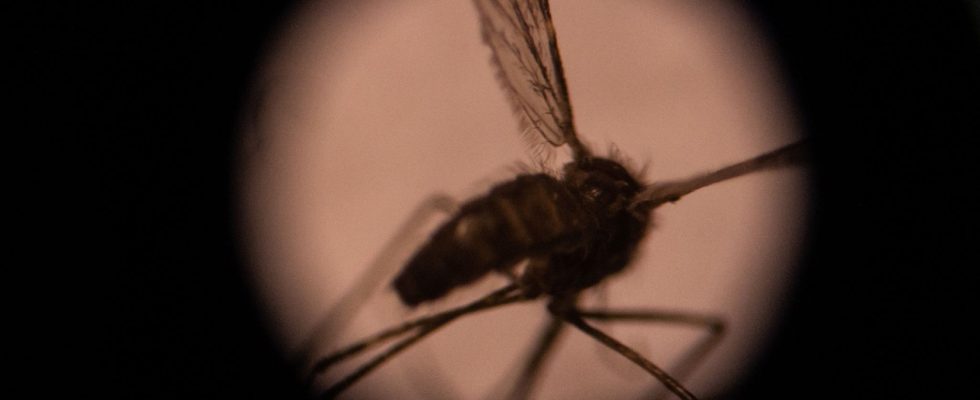It is a discovery made by chance, in Spain. And it could contribute to the development of an additional weapon in the fight against the spread of malaria, a disease which kills more than 600,000 people each year according to the WHO, mostly children under 5 years old.
Scientists at a GSK-led research center have discovered a natural bacterial strain that could help stop the transmission of malaria from mosquitoes to humans, according to a study published by the British pharmaceutical giant in the review Science. These scientists made this discovery after noticing that a colony of mosquitoes used for drug development had stopped transmitting malaria.
It turned out that a bacterial strain called Delftia tsuruhatensisnicknamed “TC1”, was present in the intestine of these mosquitoes, specifies at the BBC Janneth Rodrigues, Scientific Lead of Global Health Medicines R&D at GlaxoSmithKline and Program Director.
A very substantial reduction in the parasitic load
“TC1” is a natural bacterium that can be present in water, soil, or even plants. If scientists do not know how this bacterium arrived in the body of mosquitoes, they have however discovered, by inoculating it into other mosquitoes, that it can reduce the parasite load in their intestines and their glands by up to 73%. saliva. Concretely, the bacterium acts by producing a small molecule called “harmane”, which inhibits the development of the malaria parasite present in the mosquito.
“The mosquito infection rate started to drop and so by the end of the year the mosquitoes would simply no longer be infected with the malaria parasite,” says Janneth Rodrigues.
In addition, the characteristics of “TC1” suggest that neither mosquitoes nor parasites would be able to develop resistance to it. However, the question remains how to inoculate insects with TC1. If the bacterial track had already been considered to control diseases transmitted by mosquitoes, such as dengue fever, most techniques aimed at blocking the Plasmodium parasite, responsible for malaria and transmitted by several species of mosquitoes, are based on bacteria genetically modified.
“It is possible to end the threat of malaria in our lifetime”
According to Carolina Barillas-Mury, director of the Malaria and Vector Research Laboratory at the US National Institutes of Health, the approach has “great potential to be implemented” in areas where malaria is endemic, says does she in Science.
Gareth Jenkins, of the Malaria No More association, also considers this new discovery promising, while if vaccines against malaria have been developed, they are still in the early stages of their deployment in Africa and offer incomplete protection.
“Malaria kills a child every minute. Significant progress has been made in reducing the global burden of malaria, but to get us back on track, we need new and innovative tools in the arsenal,” he said. she at the BBC. With a strong panel of innovations, it is possible to end the threat of malaria in our lifetimes.”
However, the researchers are currently conducting additional experiments to test the safety of the method, for example by ensuring that this bacterium does not harm other insects such as bees.
